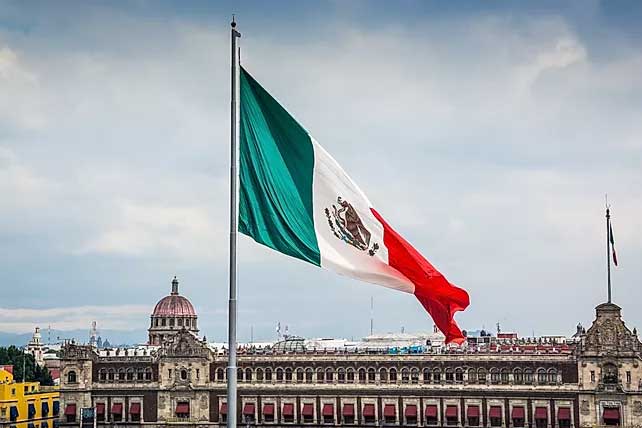Previously we have already discussed the importance of tax residency status for both individuals and legal entities in our articles on tax residency in Cyprus for 60 days (see article), on special tax regimes in Europe (see article) and in many others. This is not surprising, because the matter of determining the tax residency for a company and individuals is fundamental in tax planning. Today we will talk about the document confirming the fact of tax residence for individuals or legal entities in a particular country, namely, Tax Residence Certificate.
Most often, such certificate is required in the following cases:
– to confirm the right to benefit from the preferential provisions of the Double Taxation Agreements;
– to confirm the status of a tax resident of a particular state for other purposes (for example, for submission to a bank).
The criteria for determining tax residency for an individual and a legal entity differ both from each other and may differ depending on the jurisdiction. But anyway, before submitting an application to the tax service for obtaining a Certificate of tax residency a physical persons and legal entities must already be registered with the tax service and have no debts in respect of the submitted tax returns for previous periods.
Each jurisdiction has its own application form for obtaining a Tax Residency Certificate. Let’s look at the procedures for obtaining certificates in some popular jurisdictions.
In Cyprus to obtain a certificate you must submit the following forms to the tax authority:
a) for individuals – Form TD126;
b) for legal entities – Form TD98.
Cyprus Tax authority takes around 2 weeks to issue the certificate.
In the UK applications can be completed online on the HMRC local tax website:
a) for individuals – in Government Gateway system;
b) for legal entities – Form RES1.
The period for obtaining the certificate is also about 2 weeks with a standard request.
Hong Kong requests for a separate application for a Tax Residency Certificate for the purposes of DTA with China and other jurisdictions:
a) for individuals – for DTA with China Form IR1314A, for DTA with other countries Ir1314B;
b) for legal entities – for DTA with China Form IR1313A, for DTA with other countries IR1313B.
The relevant form is filled out, signed and submitted to the tax service in paper form. The term for issuance of the certificate is 21 days.
Singapore accepts applications for a Tax Residency Certificate from both individuals and legal entities online through the myTax Portal. The deadline for processing applications is 7 working days and Singapore Tax authority – IRAS – takes another 4 working days to send the original certificate to the applicant.
In order to confirm tax residency the certificate must be updated annually. In most cases, you also need to put an apostille on it.



























